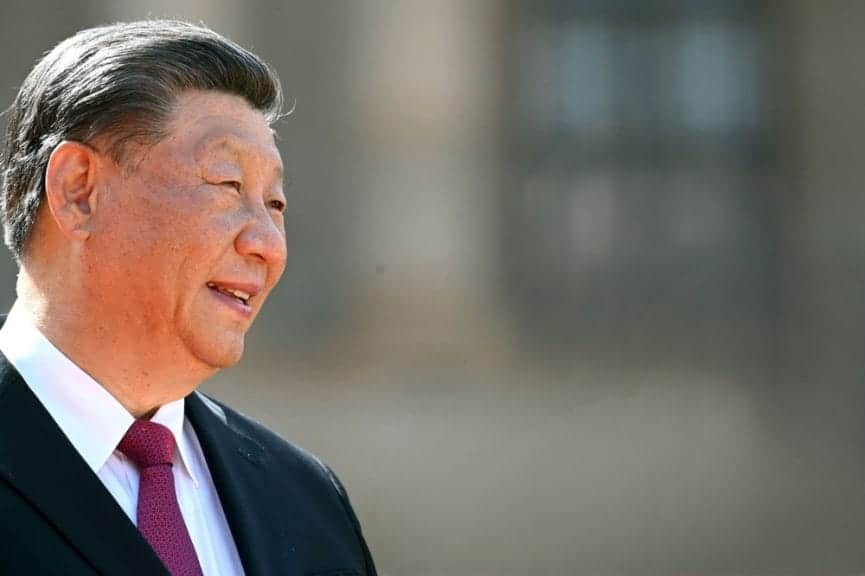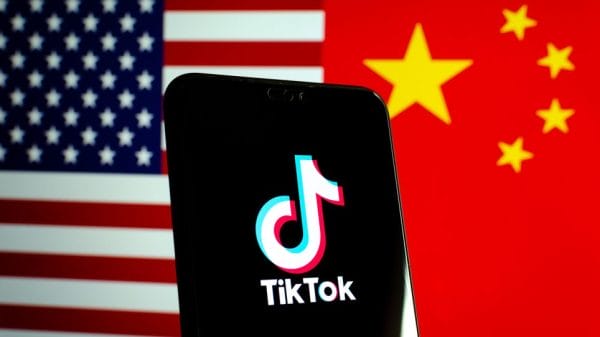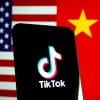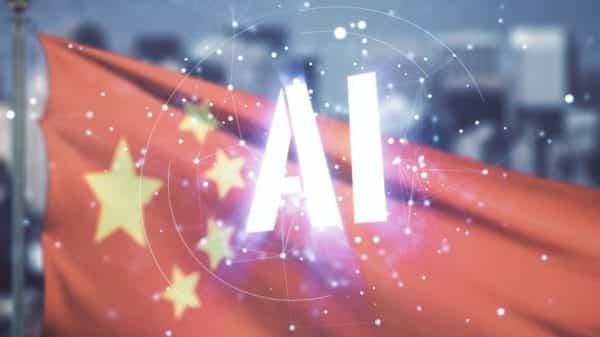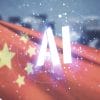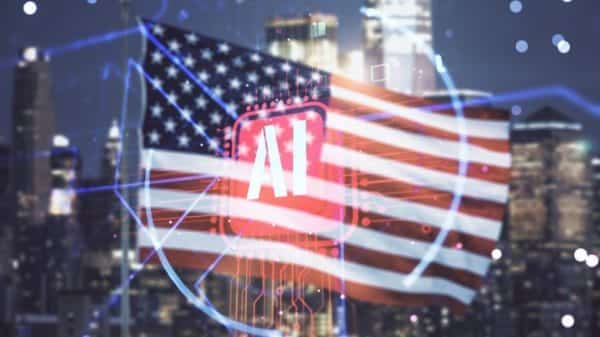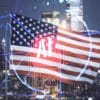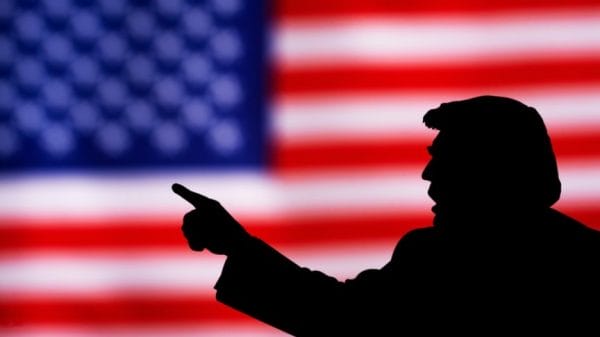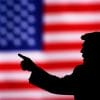During Xi Jinping’s US visit, he touched down in San Francisco for the APEC summit; the circumstances were markedly dissimilar from his previous arrival on American soil.
Five years prior, he had been warmly hosted by Donald Trump at Mar-a-Lago, overseeing a China that was riding the wave of ascension.
Xi Jinping’s US visit: navigating china’s economic shift
During Xi Jinping’s US visit, China’s economy was flourishing, surpassing anticipated growth metrics and maintaining meager unemployment rates.
As Xi Jinping consolidated his leadership for a second term. He proudly showcased China’s thriving economic model, highlighting it as a potential blueprint for emulation by other nations.
As of then, the foundations of what he terms his “Chinese Dream” had begun to show signs of strain, and those cracks have only grown wider since.
Mr. Xi is in a more precarious position for negotiations this time around, albeit with tempered expectations for substantial advancements.
Following an initial upswing, the Chinese economy post-Covid has transitioned into inactive phase. The previously robust property market, which played a vital role in propelling growth, is now caught in a credit crisis.
This crisis has aggravated a domestic “debt bomb” that expanded over the years due to substantial borrowing by local government entities and state-owned enterprises.
These multifaceted issues predominantly align with China’s long-anticipated structural slowdown, finally manifesting itself in a painful and impactful manner.
China’s dual challenges
During Xi Jinping’s US visit, China grapples with internal turmoil and economic uncertainties. In the past two years, crackdowns on various economic sectors and high-profile Chinese figures have introduced a wave of uncertainty.
Recently, these measures have broadened to encompass foreign nationals and companies, amplifying apprehension within the international business realm.
As a consequence, foreign investors and enterprises are diverting their capital out of China, pursuing better investment prospects elsewhere.
Youth unemployment has surged to such an extent that officials have stopped disclosing this data.
Many young Chinese discuss adopting a passive “lying flat” lifestyle or moving abroad for better opportunities, showing disinterest.
Meanwhile, Xi Jinping faces internal challenges within his meticulously structured power hierarchy. The unexplained vanishing of critical figures within his leadership cadre and the upper echelons of the military.
These incidents raise questions about potential systemic corruption or orchestrated political purges within the Chinese power structure, coinciding with President Xi’s US visit.
Economic comparisons between China and the US post-covid
Comparisons between China and the US have led some observers to highlight the US economy’s more robust performance in recovering from the post-Covid period.
Americans were worried China might become the world’s largest economy, but recent analyses doubt this will happen.
The present economic hurdles faced by China will significantly influence Mr. Xi’s negotiations.
Likely prompting a heightened inclination to stabilize economic, trade, and investment relations with the US. As noted by Li Mingjiang, an associate professor at Singapore’s S Rajaratnam School of International Studies.
Key agendas in Xi jinping’s US visit
President Xi’s US visit is expected to seek guarantees from Joe Biden. The US won’t escalate the ongoing trade conflict, heighten technological rivalry, or pursue additional steps towards economic separation.
Beijing has strongly protested against the US tariffs on Chinese imports. The blocklisting of Chinese firms, and the constraints placed on China’s access to cutting-edge chip-making technology.
Their meeting in San Francisco, the heart of Silicon Valley and the global tech industry holds significant symbolism for the two leaders.
Speculation suggests they might announce the formation of a working group focusing on artificial intelligence, a move the Chinese hope will discourage the US from further technology export restrictions.
As Taiwan’s elections loom, a potential flashpoint, Chinese officials have highlight their desire for the US to refrain from backing Taiwanese independence.
Despite Chinese claims and aggression, the US has consistently affirmed its support for the self-governing island, making Taiwan a delicate issue for both nations.
President Xi US visit: reshaping relations and economic diplomacy
During Xi Jinping’s US visit, there was a significant push by US officials for the re-establishment of military communication. The channels and collaborative efforts with China to curb the flow of substances contributing to the fentanyl US trade.
Reports indicate a potential Chinese agreement on these matters.
Chinese state media has hit pause on its criticisms of the US. They released a series of commentaries lauding the advantages of re-establishing relations and collaborating between the two nations.
Analysts have referred to the current scenario as a shift from Bali to San Francisco. Also alluding to the face-to-face meeting Mr. Xi and Mr. Biden at the G20 Bali summit around a year ago.
This meeting had signified a high point in recent US-China relations before descending into a nadir following the spy balloon incident.
The messages before Joe Biden meets Xi this week say it’s fine to have positive feelings about America and its people again. It seems in President Xi’s US visit, he is quite eager to stabilize the relationship. This is possibly due to economic pressures,” suggested China analyst Bill Bishop.
Xi Jinping also appears equally, if not more, interested in appealing to the US business community.
Joe Biden meets Xi Jinping: Dynamics and expectations in US-china relations
During Xi Jinping’s US visit, he is expected to participate in an extravagant dinner on Wednesday. Specially tailored for his engagement with prominent corporate leaders.
Initially, Chinese officials insisted this dinner would precede Joe Biden’s meeting with Xi. They hint at potential underlying priorities as reported by the Wall Street Journal.
Expect caution against anticipating Xi Jinping’s arrival in a subservient or overly enthusiastic manner. Both leaders are likely to maintain suspicion, indicating they may not remove trade barriers over national security concerns.
Joe Biden has sustained Trump-era sanctions against China and expanded restrictions on chip technology. Meanwhile, Xi Jinping has implemented a sweeping anti-espionage law. The law led to raids on foreign consulting firms and reported imposition of exit bans on foreign nationals.
Issues like Taiwan and the South China Sea remain pivotal for both sides. Beijing continues to bolster its military presence to defend territorial claims, while Washington reinforces its regional alliances.
Dr. Li highlights the intricate challenge achieving a delicate balance between pursuing a more stable relationship with the US and projecting strength against American pressures. To prevent any perception of weakness in the context of ‘Joe Biden Meets Xi Jinping.


